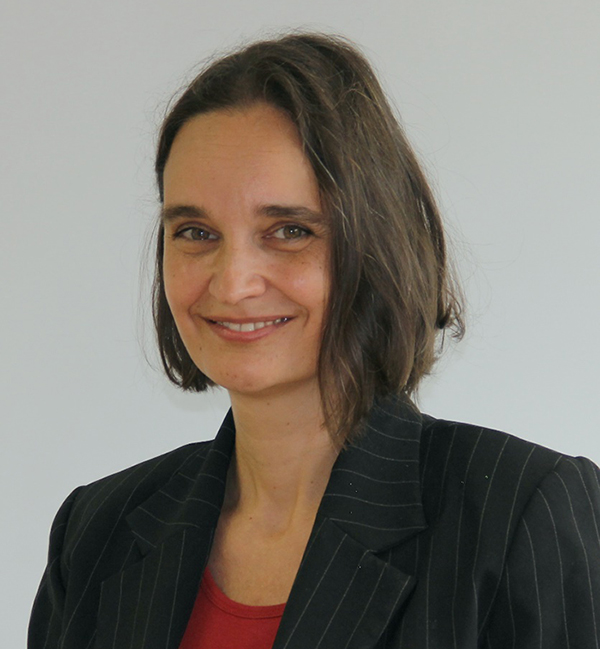When did you realise that you wanted to pursue a career in a science and technology field? What were your motivations to make this decision?
As
student attending a modern-language grammar high school, to me technology was something
abstract and unexplored. It seemed to be some combination of applied math and
engineering in terms of crafting some kind of machines that should finally
work. At least that was what I wanted to do for earning a living, as I loved to
disassemble anything mechanically broken, such as watches or bicycles, and find
out, how they work.
Give an overview of your professional path.
Thus,
having passed my final exams in Mathematics, German, French, Latin, Psychology
and Physics, I started into studying applied Physics at the Vienna University
of Technology. Since attending the first lecture of mathematics at this
university, I appreciate the scientifically detailed, very basic approach that
assumes nothing but proves every little step (except axioms of course). It was
beautiful. In this first week, all familiar faces, friends, who had mostly
attended natural science high schools, left for other fields of study. I
stayed. In the third semester, I started to earn money by working in a lab at
the campus, my first contact with granted, scientific projects. After failing
three exams in a row due to nervous black outs, I suspended my studies in
Physics and started with data techniques, as there were less exams but more
‘project work’, where I discovered my talent in programming and coordinating
team work. After having successfully finished this 3 years course of short
studies in time, I finished Physics.
Provide a short overview of your job. What are your main responsibilities?
Since
then, I have worked on a lot of projects, partly granted research, partly
development of sensor concepts and prototypes for industry, in the field of
non-destructive testing by various physical modalities. My work often is
interdisciplinary, and I do consulting in the research groups of big companies.
One my favourite projects as a consulter is the 4D sensor for sterilizers of
Miele, which will make sterilization of medical equipment much safer, and will
most probably be the future standard for successful sterilization.
What do you find the most rewarding in your job? What do you find the most challenging in your job?
The
most rewarding in my job are the highly intelligent colleagues and the
continuous mental stimulation, I have. I love to discuss and contribute to
solutions for complex problems. Seeing one of my ideas work out properly, makes
me happy. Frustration tolerance is trained as well, and the experience of both,
failing and succeeding, made me a robust fighter. The flexibility I needed, to
raise a family, did not deprive me of this interesting job.
What is your role within the FLOIM project? How do you expect your work in FLOIM project to contribute to your career development?
Within
the FLOIM project, I work on an optical coherence tomography system that will
be integrated into an injection moulding machine. In this case, a complex
system that is usually operated by a user, shall act as simple customized
sensor, in the spirit of an embedded system. Beside the improvement of the CUDA
programming, that speeds up image acquisition, and the processing of the images
to discover misplacements of the sample, also the embedding of the system will
contribute to my experience and thus to my competence.
What would you advice to girl students that want to pursue a career in a science and technology field?
No
matter, if you are a boy or a girl, and no matter, what school you attended
before: let your passion, and your curiosity guide you towards your field of
interest. Don’t listen to people, who tell you that this is too difficult for
you, or doesn’t suit you. Usually you know better. I have colleagues and
friends, who started without school leaving exam as some technical trainee, but
later on caught up on passing this exam and going to university – they took the
long, hard way. But if you love, what you do, energy is high, and sweat
rewarding.


